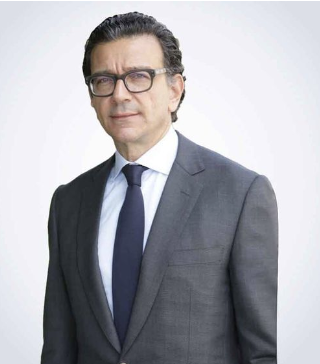Baghdad, Iraq, 27th June 2024, Due to sanctions imposed on Iraq’s banking sector for various reasons, both the economy and private sector are hindered from achieving their full potential. In today’s digital economy, centred on online transactions and digital interactions, Iraq’s banking sector has predominantly focused on traditional profit-making methods, particularly through currency exchange with the government.

The retail banking side remains very limited due to extensive paperwork, rigorous due diligence requirements, and narrow profit margins. Banks hesitate to expand their retail business due to attempts to profit from consumers who already lack financial resources and face high unemployment ratios.
According to Shwan Ibrahim Taha, CEO and founder of Rabee Securities, an expert in Iraq’s finance sector, “excessive inflation poses a major challenge to Iraq’s monetary policy. The country’s heavy reliance on oil revenues for 93-96% of its financial income hinders economic diversification.”
“Iraq urgently needs infrastructure rehabilitation and improvements in its private sector to enable it to engage in larger projects and incentives. The International Finance Corporation (IFC) exemplifies the pivotal role that international funds and institutions can play in the country’s economy, provided stability, transparency, and partnership meet acceptable standards,” added Mr. Taha.
According to IFC’s announcements, since 2005, they have invested and mobilized more than $1.9 billion to support Iraq’s private sector. Recently, IFC launched a new program to support 20 startups and connect them with potential investors. They have also invested $130 million in the Douh Cement Company, signed an agreement with the Iraqi Stock Market Authority to improve market regulations and provide advisory services, and entered into an agreement with the Iraqi government to improve and modernize Baghdad International Airport.
